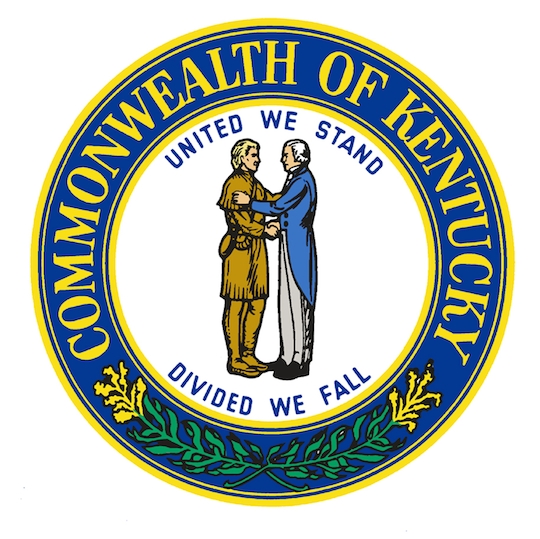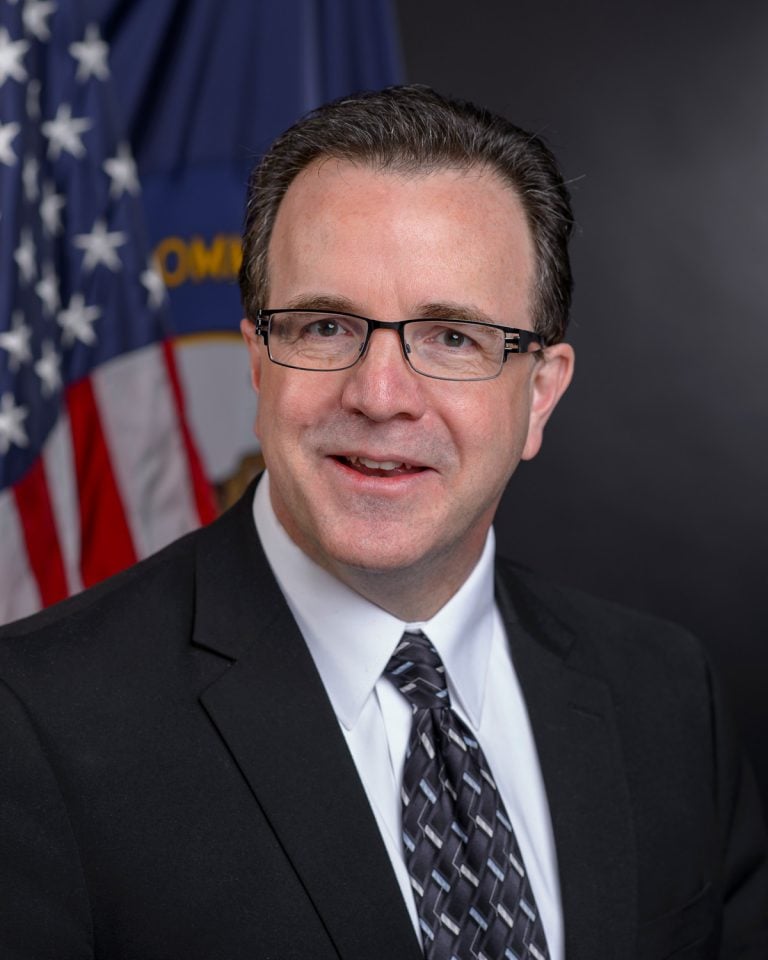Kentucky child care owners and directors fear tuition hikes, pay cuts and even closures without substantial investment from the General Assembly in the state’s next two-year budget, according to a new survey released by the Kentucky Center for Economic Policy (KyPolicy) and Kentucky Voices for Health (KVH). The survey responses came from 770 child care center directors and owners, representing roughly 40% of the regulated child care providers in the state and serving 64,100 children across 117 of Kentucky’s 120 counties.
In a press call Wednesday, several child care directors said they’re already preparing for the expiration of $330 million in annual federal funding that supported Kentucky’s child care industry in recent years.
“I’ve raised tuition rates and I’m afraid I’m going to have to raise them again,” said Cora Beth Brown, owner of The Children’s Academy in Hopkinsville. “I’m sad to say I’m going to lose a lot of families just due to them not being able to afford child care.”
Brown was among the 86.9% of child care operators who said in the survey that they used federal money to increase the wages of the notoriously low paid child care workforce.
Krista Hughes, the director of Hickory Grove Daycare Preschool in Kenton County, said rolling back raises is not realistic. “I believe that if I walk back pay raises, I’m going to be walking employees out the door,” she said. “There are so many higher paying opportunities popping up in our community.”
Instead, Hughes and other directors on the call said they must raise tuition to meet costs. And the survey shows they are far from alone. When asked what changes are most likely to occur once the federal stabilization payments run out, directors said the most likely scenario is families paying higher tuition. There were 605 respondents who said that was the most or next-to-most likely scenario.
After tuition hikes, 291 survey respondents reported wage cuts were most or next-to-most likely to occur. An alarming 199 of the 770 respondents, or one in four, reported that closing their program was the most or next-to-most likely scenario after the sustainability payments expire. There are approximately 12,700 children in care at these centers.

The child care directors on the call, who also included Brittany Ritson, Director of Weekday Community Preschool in Frankfort, and Stephanie Murta, Director of St. Aloysius preschool in Oldham County, were joined on the call by advocates who said accessible and affordable child care benefits kids, parents and the economy.
“Access to child care is a social determinant of health, just like access to healthcare, healthy food, and safe and affordable housing,” said Emily Beauregard, Executive Director of KVH. “Kids who have access to early childhood education see lifelong benefits in the ways of increased educational attainment, higher earnings, and better health. They also face less risk of neglect, disability, chronic illnesses, and incarceration.”

Cara Stewart, Director of Policy Advocacy with KVH, said child care makes all other parts of the economy possible: “Think about any other industry you care about. Let’s talk about teachers, doctors, machinists — we need child care to have any of that. Child care supports every industry in Kentucky and we don’t have a work force if we don’t have child care.”
Dustin Pugel, Policy Director at KyPolicy, said it is incumbent on lawmakers to use the state’s available surpluses to act. “As we approach this $330 million fiscal cliff, lawmakers in Frankfort are deliberating on the next biennial budget,” he said. “As they decide how best to invest in our people over the next two years, my hope is that they will listen to the 770 child care directors and owners who shared their concerns in this survey, and make the kind of investment in our children, families and economy that meets the moment.”
Kentucky Center for Economic Policy


















